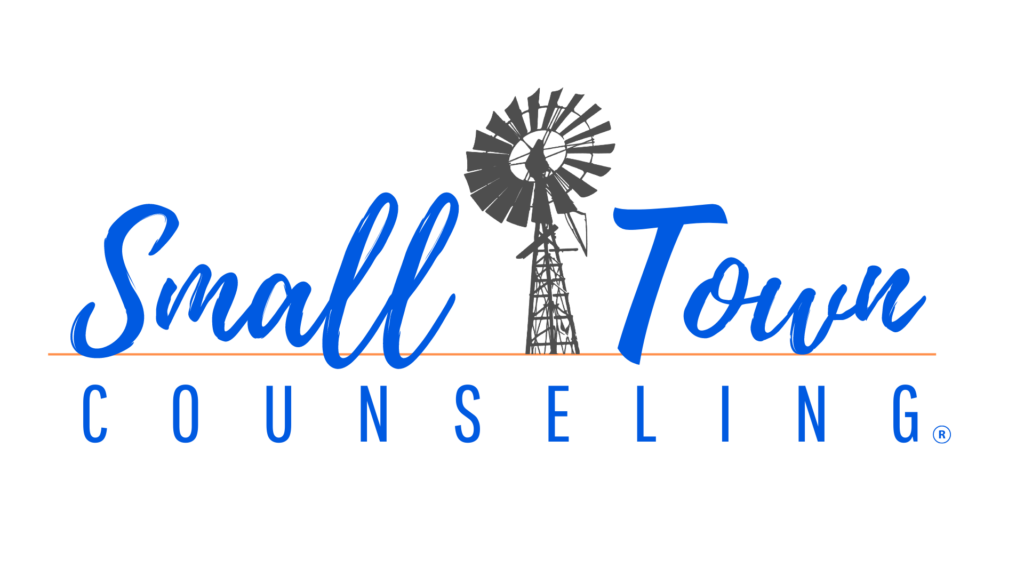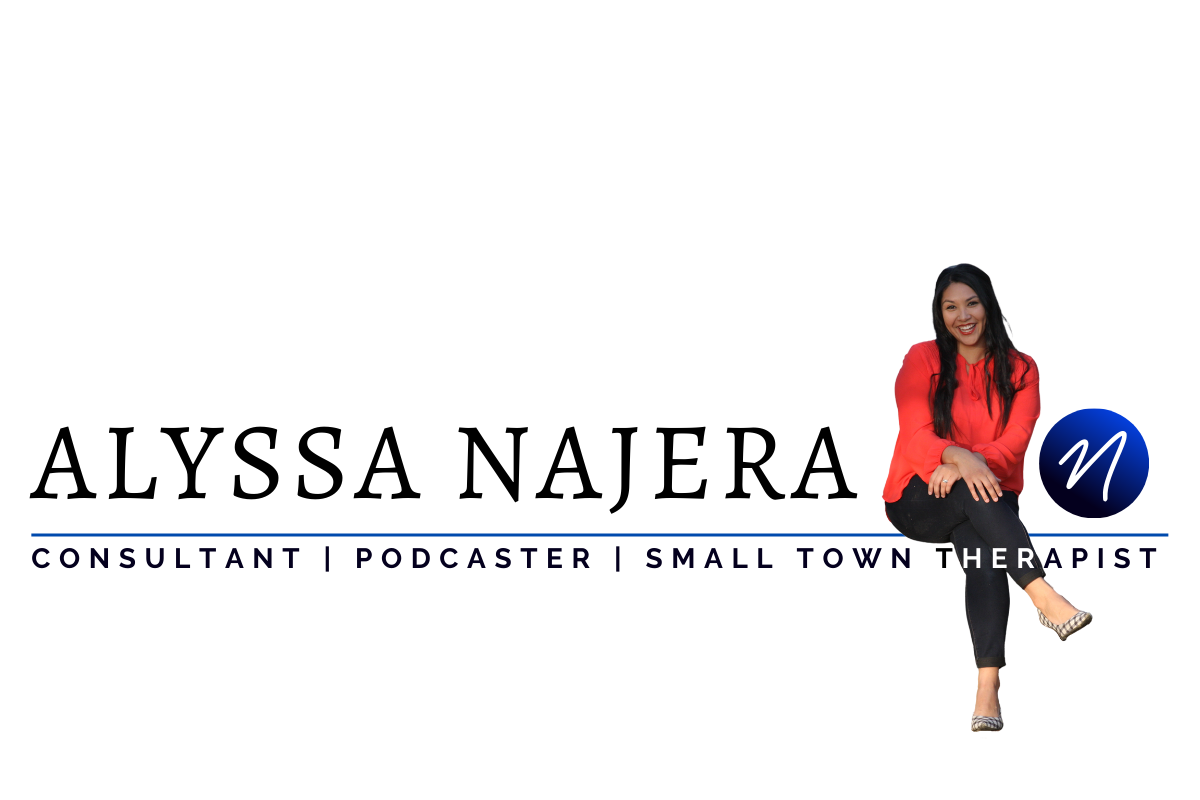
Therapy for Professionals available through Small Town Counseling®
Alyssa Najera is owner and CEO of Small Town Counseling® (STC) a group mental health practice located in Oakdale, CA. Psychotherapy services with Alyssa Najera, LCSW and other STC mental health professionals is accessible to California residents only. All services are self-pay only, insurance is not accepted. For more information on counseling services visit smalltowncounselingca.com.
*In-person and virtual appointments available.
Visit smalltowncounselingca.com

Therapy Available for
- Professionals in Executive Leadership and Management Roles
- Entrepreneurs
- Human Services Agency (HSA) Employees
- Medical Professionals
- Providers in Crisis Response
- First Responders
- Tech Industry Leaders
Specialty Populations/Modalities Available
- EMDR Therapy (Eye Movement Desensitization Reprocessing)
- LGBTQ+ Affirmative Therapy
- Trauma Focused Therapy
- Men’s Mental Health
- First Responder Mental Health
Areas Addressed in Therapy Include
- Stress and Anxiety
- Depression
- Burnout
- Navigating Toxic Work Environments
- Work-Related Stress
- Childhood Trauma
- Exposure to Life Threatening Situations
- Family Issues
- Exposure to Distressing Images/Situations
- Secondary Trauma
Mental Health Resources
Property Management Bootstrappers Show
In recognition of Mental Health Awareness Month, Alyssa Najera was featured on the Bootstrappers podcast to discuss common challenges in the entrepreneur lifestyle and how therapy can help.Click here for show notes.
What to Expect with Virtual Therapy and is it Right for Me?
With events around COVID-19, many professions and organizations moved to remote work. In response to this transition, individuals are experiencing a significant increase in the use of video conferences and video chats. Although video conferencing is new for many people, the use of virtual meetings and appointments have been around for decades, so too has been the case for telehealth and telemedicine practices.
- What is “Telehealth” or “Virtual Therapy”
- Myths About Telehealth and Virtual Therapy
- Limitations of Telehealth (“Virtual Therapy”)
What is EMDR Therapy
EMDR stands for Eye Movement Desensitization Reprocessing, a very long name for a very powerful trauma specific intervention used in psychotherapy to treat mental health symptoms in both children and adults.
Originally developed by Francine Shapiro, Ph.D. in 1987, it is now recommended as an effective treatment for trauma in the Practice Guidelines of the American Psychiatric Association, and those of the Departments of Defense and Veterans Affairs.
EMDR Therapy can also be effective for other symptoms including exposure to trauma, secondary exposure, anxiety, and depression.
- What is Trauma
- How does EMDR work?
- EMDR in Child and Teen Therapy
- What Does EMDR treat?
How to Set Healthy Boundaries
Relationships can only be healthy when both people have the space to be themselves and maintain their personal integrity. Sadly, many people find themselves in relationships, romantic and otherwise, with people who do not respect boundaries and feel entitled to have their needs met regardless of the other person’s. These people most likely grew up in households that were unsafe and unstable, and where there was a constant invasion of personal boundaries.
Check out this blog for tips on how to set healthy boundaries.
How Addicted to Work are You?
We live in a society that glorifies and normalizes Workaholism. It’s praised and almost expected to work long hours, feel exhausted, and deny yourself of leisure and rest until all deadlines are met. While being a hard worker and having a positive work ethic are important, it is also important to establish healthy habits and a lifestyle that promotes balance, health, presence, and energy for other aspects of your life that are priorities like friends, family, and social connections.
- The dangers of being a workaholic
- How addicted to work are you?
- What you can do
- Do you have a fear of failing?




